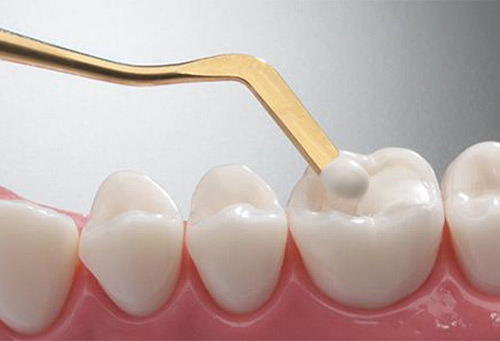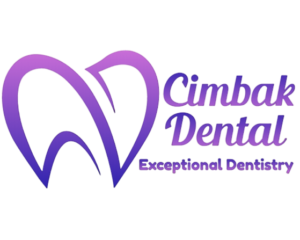DENTAL FILLINGS
CIMBAK DENTAL CLINIC
Our teeth become damaged in so many ways. Cavities, age, injuries, and habits such teeth grinding, also called bruxism, all can take a toll. If you’ve seen a yellow, white, brown, or black spot on your tooth, a discolored tooth, or receding gums, our dentist in Cimbak Dental Clinic, Port Harcourt, can determine what’s wrong so you can get your healthy smile back.
Not all tooth damage is visible. You might have felt a tooth wiggle a bit. Maybe some of your teeth are now sensitive to cold, hot, or sweet food or drinks. That could mean the enamel covering the nerves in those teeth might be receding, cracked, or compromised because of dental decay. Perhaps you’ve felt a sharp pain in your mouth when you bite – a sign of a cracked tooth.
Such symptoms need attention. They might seem like small inconveniences, but tooth problems that aren’t identified and repaired only become worse. Tooth decay that’s ignored can lead to infection in other parts of the body, for instance – it’s bacteria, after all. Severely decayed or damaged teeth often need to be extracted, which can affect your self-esteem as well as how you speak and the kinds of foods you can eat. Missing teeth also can cause surrounding teeth to shift out of position, affecting your bite and triggering other problems.
Aside from signaling tooth decay, painful cavities make it tough to sleep, eat, or concentrate. The good news is, a dental filling is one of the easiest and most cost-effective ways to repair tooth decay.
How Do You Know When You Need a Dental Filling?
If you suspect that you need a filling, don’t wait until your next routine appointment. Patients who ignore these signs might end up with a more advanced problem, as bacteria quickly invades an untreated cavity. Give our dental specialist a call if you experience any of the following:
- A toothache or ongoing pain
- Tooth sensitivity
- Lost or broken filling
- Dark spot on your tooth

Are Cavities Avoidable?
For some, cavities are preventable. For others, cavities are inevitable. Certain mouths are prone to cavities regardless of dental hygiene habits and diets. For example, a mouth with crowded teeth often has points of friction between the teeth that can lead to an increase in the number of cavities. If you are someone who is prone to cavities despite a rigorous dental regimen, our dentist will be happy to discuss proactive steps you can take to decrease your cavity risk level.
Whether your cavity was inevitable or preventable doesn’t change your need for a solution. You may be experiencing pain due to your cavity, most likely when you chew on the affected side of your mouth. However, even if you aren’t experiencing pain, getting your cavity resolved as soon as possible is extremely important. An ignored cavity can lead to further tooth decay that can affect other teeth and the health of your gums as well.
